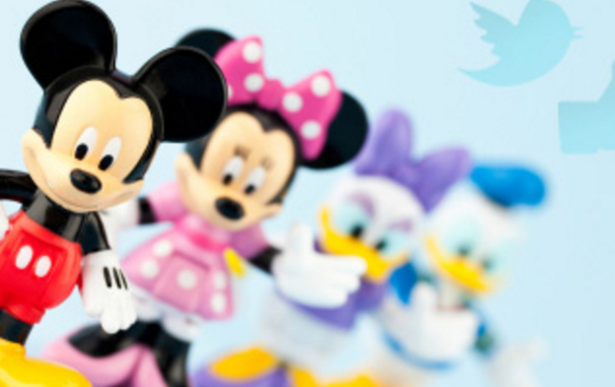Tag: in the experience

10 Secrets to the Innovative Disney Marketing Strategy
Do you make continuous improvement a focus of your marketing strategy? Most of the best marketing strategies we study and follow certainly do, and that is an awesome way to do marketing. Yes, the innovative Disney marketing strategy is making their business better and better all the while. And their growth is all about their…